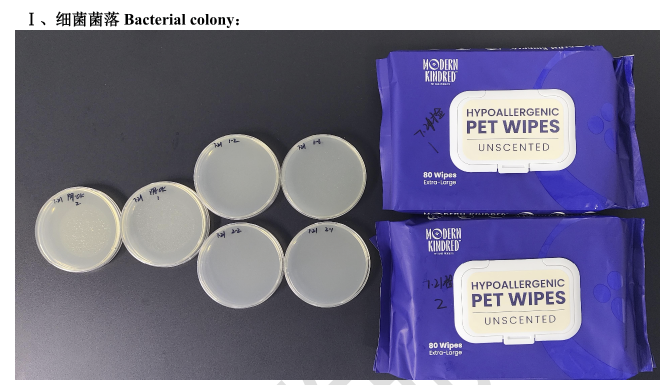
Why Pet Care Products Deserve Stricter Safety Standards
Share
When we pick up a bottle of shampoo or lotion for ourselves, we assume it’s been tested and approved before it hits the shelves. But when it comes to our pets, the reality is surprisingly different.
No Standardized Testing for Pet Grooming Products
In the United States, the FDA regulates animal drugs and food, but not pet grooming products such as shampoos, wipes, balms, or conditioners. This means these products do not go through any kind of standardized pre-market testing for safety or effectiveness.
As pet parents, we often assume that what we use on our dogs and cats must have passed the same level of scrutiny as our own personal care products. But that’s not the case. Right now, any brand can bring a grooming product to market without having to prove its safety first.
Why This Matters
Pets have sensitive skin, different pH levels, and unique health concerns compared to humans. Without proper testing, products can contain preservatives, fragrances, or surfactants that may cause irritation or worse. And because there’s no regulatory requirement to screen for these risks, it’s up to brands to decide whether they test or not.
How Modern Kindred Is Different
At Modern Kindred, we believe pets deserve the same level of care and trust as humans. That’s why we go beyond what’s required and validate our formulations with:
-Preservation efficacy — confirms the formula resists microbial growth from first wipe to last.
-Stability & shelf-life testing — verifies performance after time, temperature changes, and transport.
-Functional performance testing — cleaning effectiveness on fur and paws, low-residue profile, and wipe strength/absorbency.
We don’t just create products — we create peace of mind for pet parents who want the very best for their companions.
The Bigger Question
The lack of oversight raises an important industry-wide conversation:
Should pet care products be subject to mandatory safety regulations, just like human products are?
At Modern Kindred, we believe the answer is yes. But until that happens, we’re committed to setting our own higher standards.
